

Ann Pettifor
Political economist, author and public speaker.
annpettifor.com
Ann Pettifor’s work and writing has concentrated on sovereign, corporate and private debt and the international financial architecture. Her most recent book, The Production of Money (Verso, 2017) explains the nature of money and the monetary system; tackles thorny issues like Bitcoin and QE, and is written to be accessible to a wide audience. She is well known for her leadership of the Jubilee 2000 campaign, which as part of an international movement resulted ultimately in the cancellation of approximately $100bn of debt owed by the world’s poorest countries.
In 2003 she edited the New Economics Foundation’s The Real World Economic Outlook (Palgrave) with a prescient sub-title “the legacy of globalisation: debt and deflation”. In 2006 Palgrave published her book The Coming First World Debt Crisis. In 2008 she co-authored The Green New Deal and in 2010 co-authored an essay with Professor Victoria Chick: “The economic consequences of Mr. Osborne”. Her next book The Case for the Green New Deal (Verso) will be released in Autumn 2019. She is the director of Policy Research in Macroeconomics (PRIME). She tweets @AnnPettifor.


Enhancing the Bank of England Toolkit Workshop

PEF at the Labour Party Conference 2018
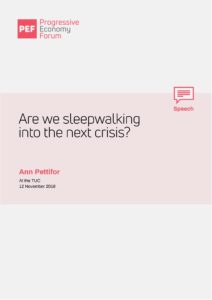
Are we sleepwalking into the next crisis?
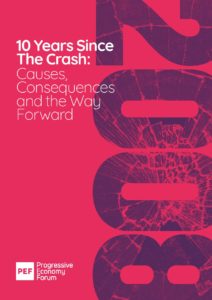
10 Years Since The Crash: Causes, Consequences and the Way Forward
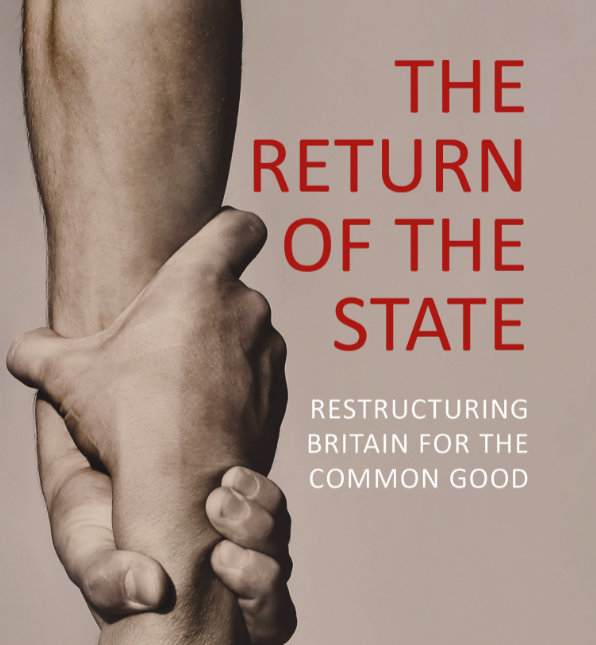
The Return of the State – authors introduce their chapters
see films clips of authors introducing their chapters in PEF’s book , The Return of the State
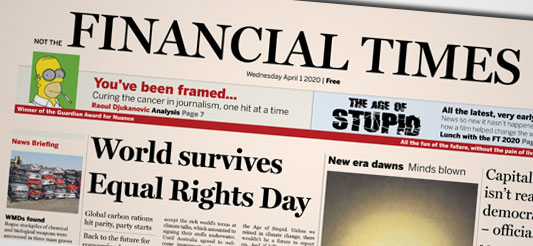
PEF Council letter to FT on social infrastructure
The regeneration of Britain’s ‘national infrastructure’ must include investment in ‘social infrastructure’ such as childcare, schools and universities, regional theatres, orchestras, common spaces, and local sports.
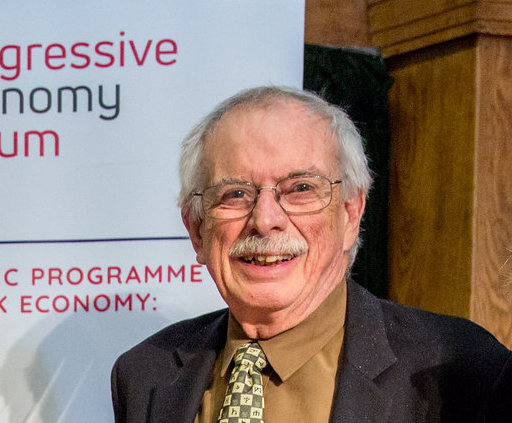
John Weeks – Obituaries and Tributes
” John Weeks was a rigorous and progressive academic economist, committed to good economic policy and political action; at the same time he was a very kind, supportive and loyal colleague and friend”
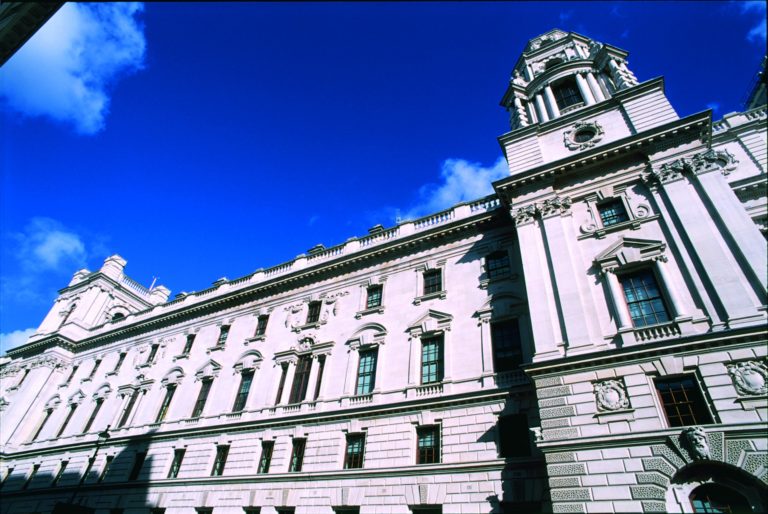
The 2020 Budget
The day following the 2020 budget, PEF interviewed five members of the PEF Council on the new budget and the changing economic direction of the United Kingdom. Here are the interviews in full.
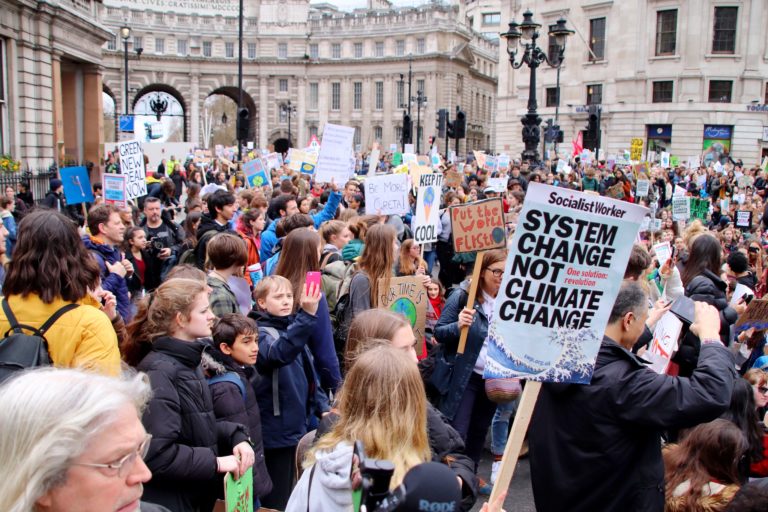
On Philip Hammond and £1 trillion
“If we are to survive earth systems breakdown, then we must begin by transforming the Treasury and by removing the politicians that threaten the futures of today’s younger generations.”

Capital controls vs exchange controls: a brief review
The recent debate around capital controls and exchange controls has been confusing, but capital controls would be expected to play a role in a progressive economy.
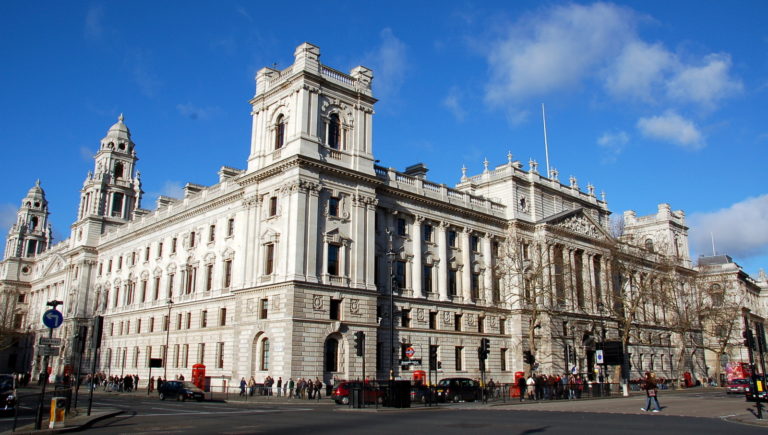
Budget 2018: Progressive Perspectives
Since the introduction of austerity, the focus of each Budget has been on reducing the deficit and debt – to the detriment of the wider economy. In this podcast series, members of the PEF Council explore what a progressive approach to the Budget could look like.
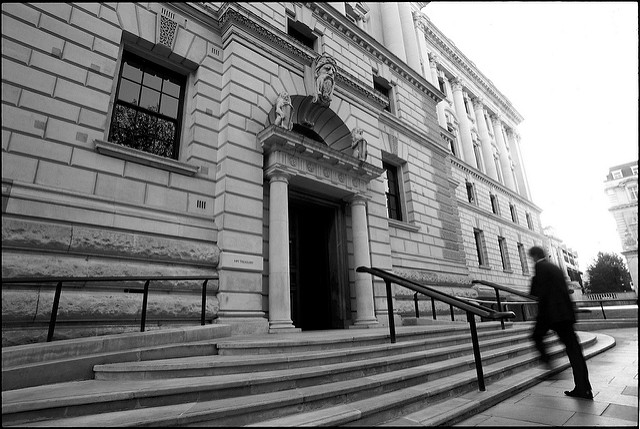
To tackle austerity Britain needs at least a £50bn increase in public spending
Theresa May has called for an “end to austerity”, but the Treasury will stand in her way and prove successful in its obstruction.
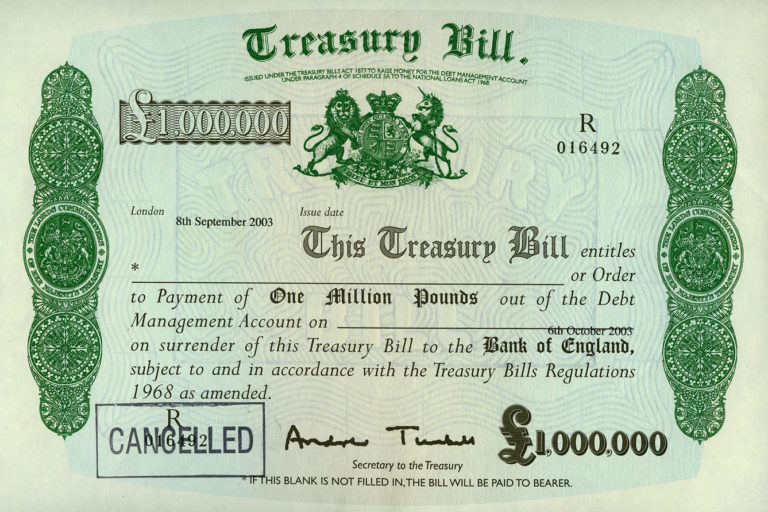
On Theresa May, Danny DeVito and ‘other people’s money’
Theresa May’s attack on Labour was purposely framed to suggest that Labour governments are embezzlers – tax raiders. But no Labour government has ever run out of money, and no government finances spending from taxation.

100 Policies to End Austerity
Dr Johnna Montgomerie, Prof John Weeks and Ann Pettifor introduce PEF’s new project, 100 Policies to End Austerity.

